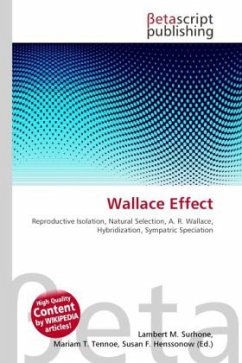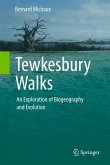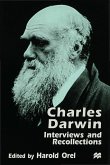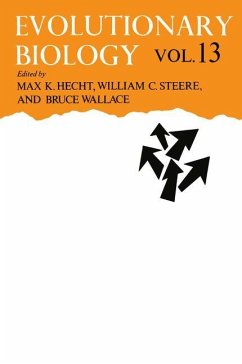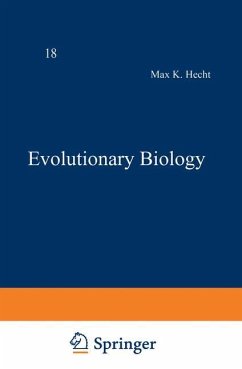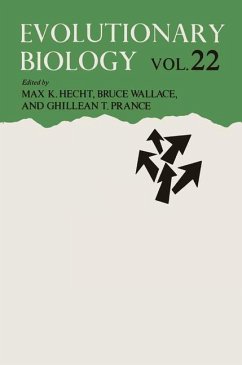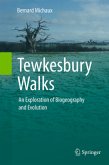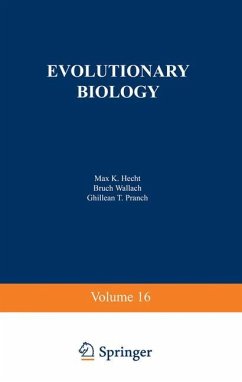High Quality Content by WIKIPEDIA articles! The Wallace Effect is the hypothesis that natural selection can contribute to the reproductive isolation of incipient species by encouraging varieties to develop barriers to hybridization.In 1889, A. R. Wallace wrote the book Darwinism, which explained and defended natural selection. In it he proposed that natural selection could cause the reproductive isolation of two varieties by encouraging the development of barriers against hybridization, and thus contribute to the development of new species. He suggested the following scenario. When two varieties of a species had diverged beyond a certain point, each adapted to particular conditions, hybrid offspring would be less well adapted than either parent form. At that point natural selection will tend to eliminate the hybrids. Under such conditions natural selection would also favor the development of barriers to hybridization, since individuals that avoided hybrid matings would tend to have more fit offspring. This would contribute to the reproductive isolation of the two incipient species.
Bitte wählen Sie Ihr Anliegen aus.
Rechnungen
Retourenschein anfordern
Bestellstatus
Storno

